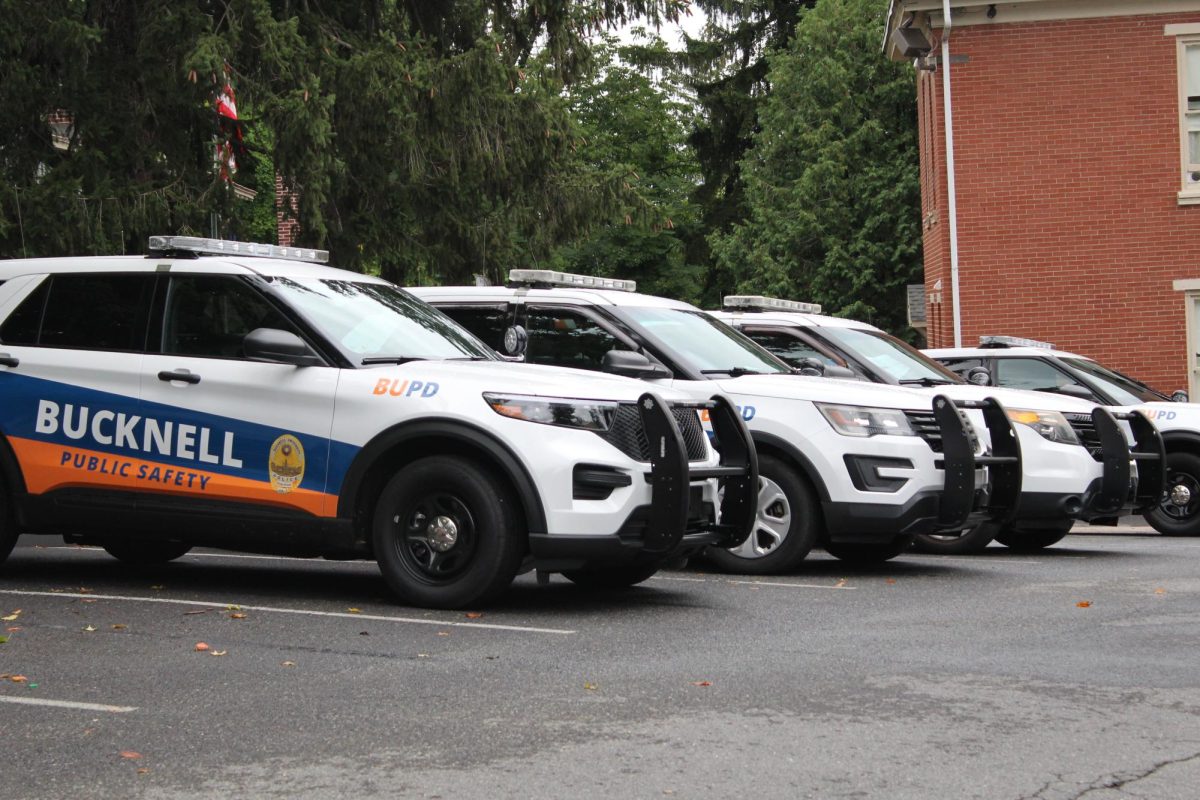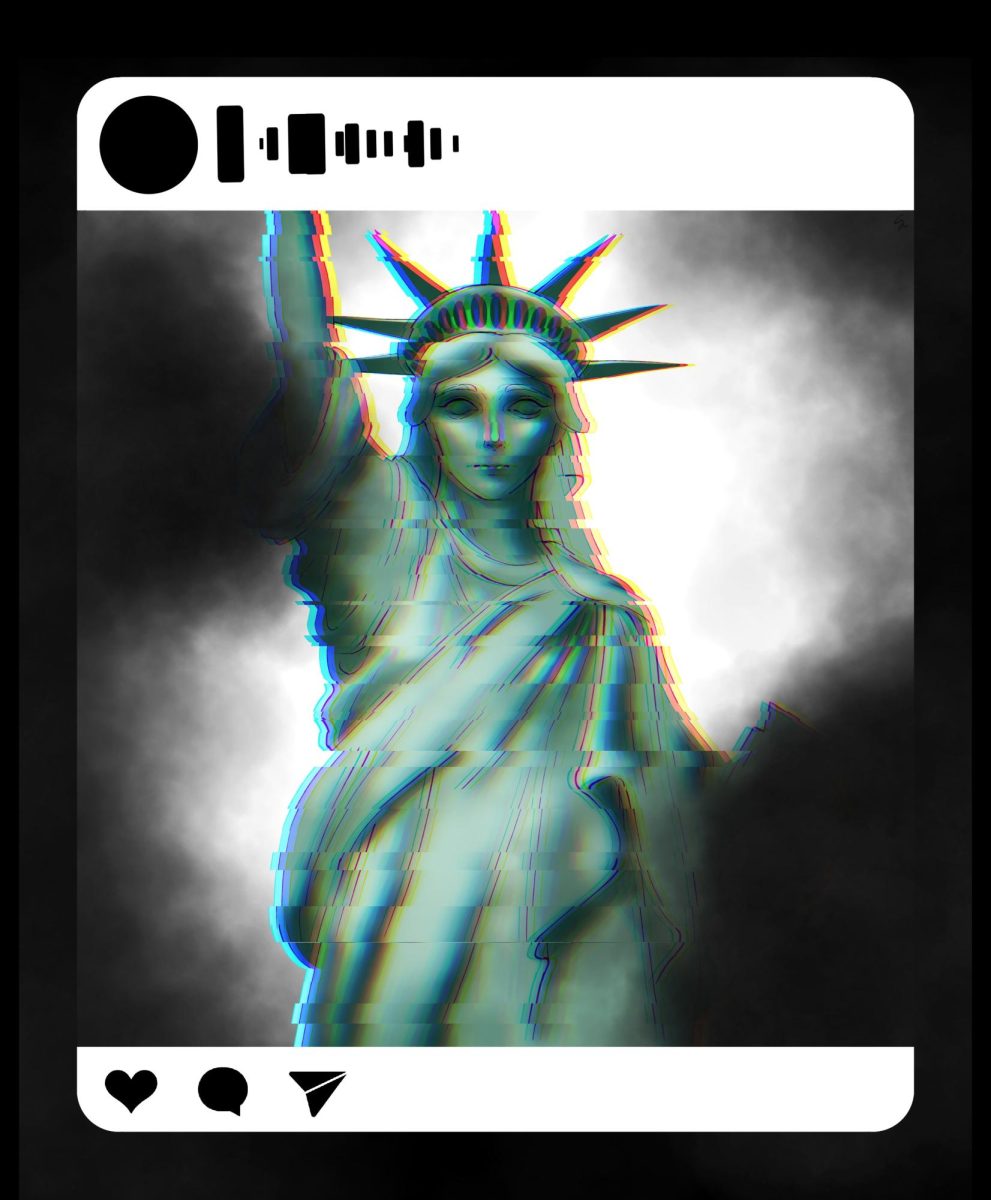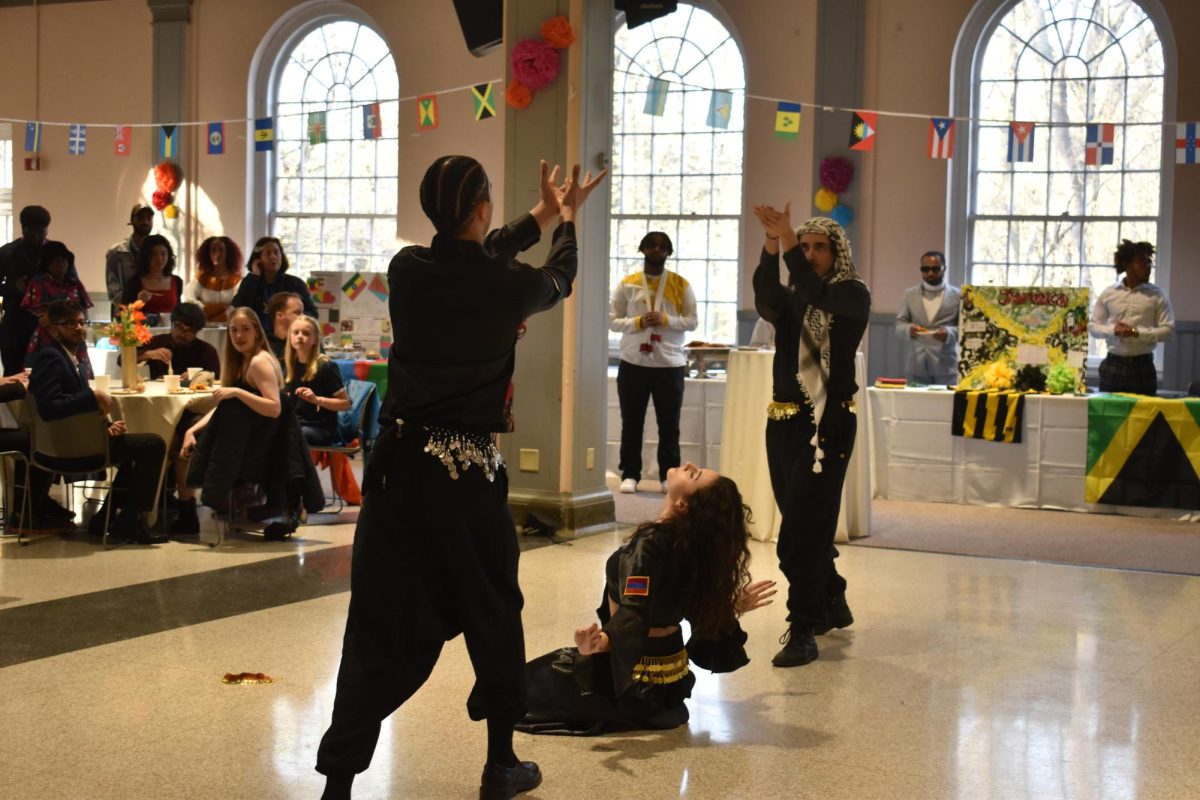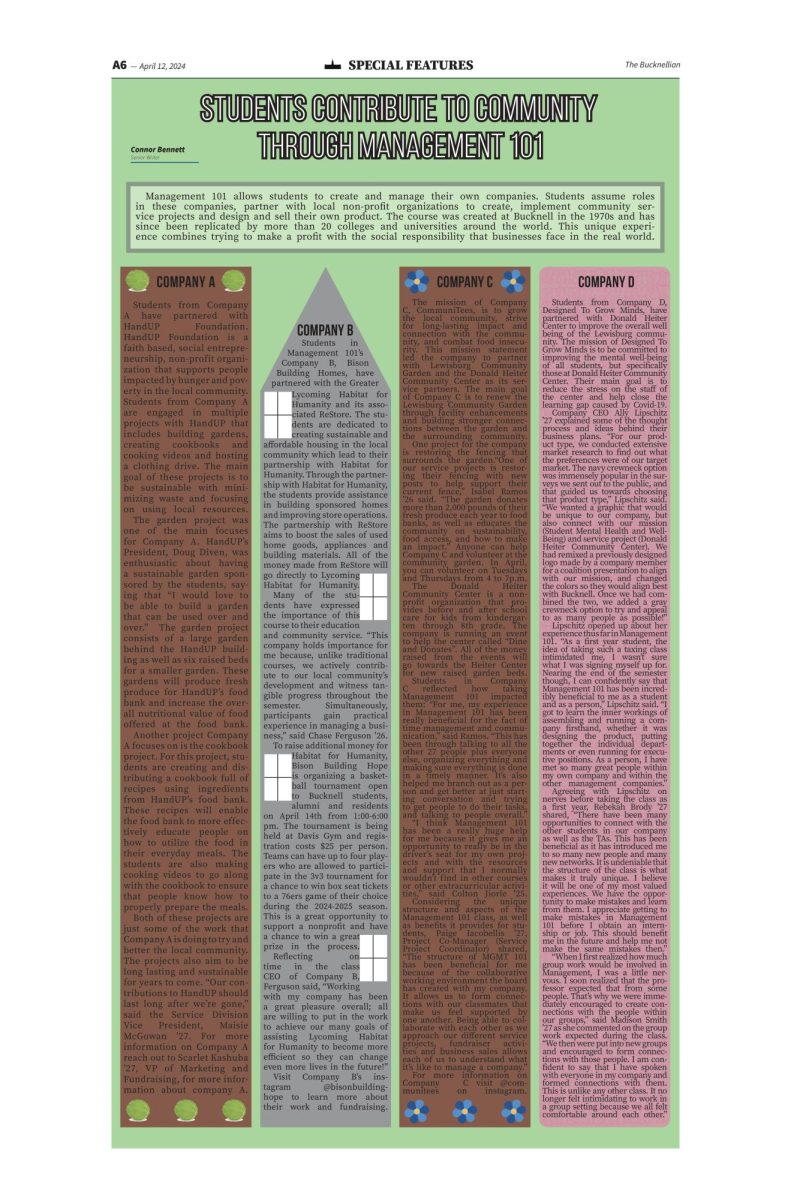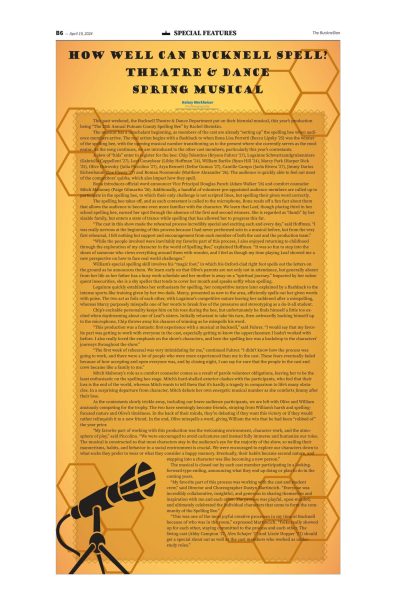David Roediger challenges student perceptions of the middle class
April 21, 2016
What is the middle class and should the public try to protect it? These were the two predominant questions that David Roediger, Foundation Professor of American Studies at the University of Kansas, invited students to tackle on April 20. For the final presentation in the Capitalism in Crisis lecture series, Roediger proposed that the middle class traps Americans in a “vicious cycle of overwork and overspending.”
The lecture, entitled “Why Saving the Middle Class Won’t Work,” began with an introduction of Roediger and his impressive credentials. His presentation tied into his soon-to-be-released book, “The Unhappy History of the Middle Class.” This will be Roediger’s 11th published work.
“I write mostly about race and the working class,” Roediger said. “I was fascinated by the topic of the middle class. It took a long time to puzzle out my approach to this work.”
Roediger brought up many different points as he attempted to deconstruct popular myths surrounding the middle class. Some studies, for instance, demonstrated that people define their own class position incorrectly. While approximately two-thirds of the public truly fit under the “middle class” label, the number of people who identify themselves as members of the middle class can range from 40 percent to 80 percent.
“The middle class is a layer of society that is often changing,” Roediger said.
In the 1940s, the middle class appeared to become a nationwide ideology.
“There was a desire for a middle class nation,” Roediger said. “Executives were not willing to tag themselves as anything more than plain middle class.”
This desire to fall within the sector of the middle class was not always so prevalent throughout the nation.
“There was a time when you rarely heard the words middle class used at all,” Roediger said.
Only over time did the middle class became a focus of hope for the American people. To support this viewpoint, Roediger referenced both President Barack Obama and President Bill Clinton and how they incorporated the “fight for the middle class” in their speeches during their presidential campaigns.
Despite the country’s insistence on being a part of the middle class, actual statistics indicate a downward trend. From 1968 to 2008, “strategists have found that the size of the middle class was shrinking,” Roediger said.
When compared with developed nations around the world, this conclusion becomes legitimate.
“It’s worth asking whether the United States is such a middle class country as it claims to be in comparison to the whole world,” Roediger said.
With the size myth of the middle class debunked, Roediger continued the presentation by analyzing whether it really is a good thing to count yourself as a part of the middle class.
“The middle class itself is the crisis,” Roediger said, “It’s a class defined by overwork, management of personalities, and debt.”
Roediger referenced many publications that demonstrate how middle class Americans seem trapped in a monotonous cycle of overwork and overspending. As prominent intellectual and literary theorist Terry Eagleton said, “Capitalism needs a human being who has never existed, one who is prudently restrained in the office and wildly anarchic in the shopping mall.”
Overall, the campus response to the lecture was very positive. Both students and faculty in attendance were appreciative of Roediger’s honest and eye-opening perspectives about the middle class.
“I think the middle class is still important to save, but I learned a lot about how it was started and where it’s going now in politics,” Renee Rouleau ’19 said.
In the end, Roediger’s lecture taught the students in attendance about the importance of identity, and how to approach national issues such as the middle class debate with an open mind.
“If we’re going to start talking about the middle class, we have to talk about it in a balanced way,” Roediger said.

